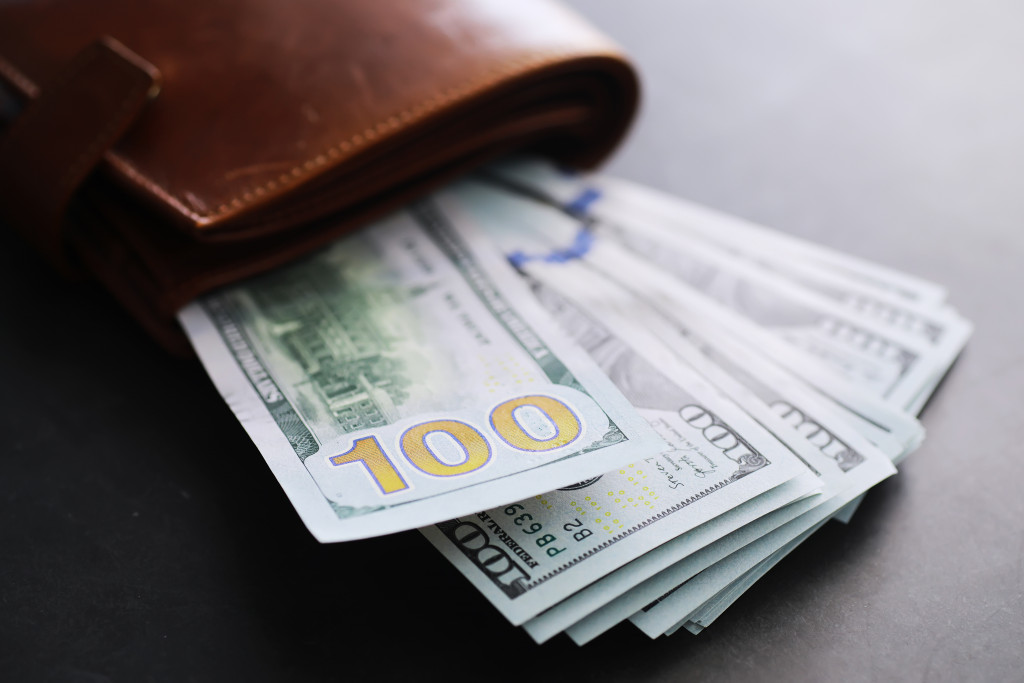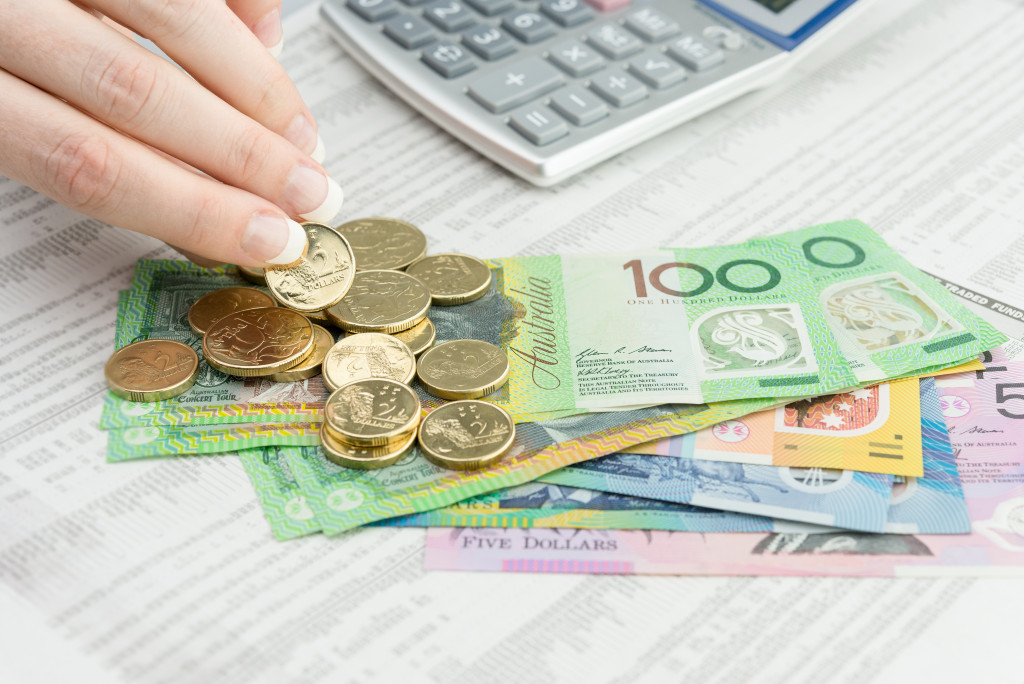If you’ve never heard of a money order before, you might be wondering about what you’re handling. A money order resembles a check, both in appearance and purpose. You can control these papers similarly as if payments are made over to you.
A money order is an alternative payment used in transactions similar to a check. You can purchase it by making a payment or other guaranteed amounts to a cashier, along with a service charge. They print the order, then fill out specific details. You can mail or deliver it to the person or company you are doing business with.
How Money Order Works
When you receive a money order, it must be cashed or deposited into a financial institution. In that case, a money order remains to be nothing more than a piece of paper unless you use it. You can deposit them in various places, including financial institutions and service establishments.
It also works the other way around. When you use a money order to complete transactions, you might care whether the designated recipient acknowledged and redeemed your payment. Tracking money orders is feasible, but it can take considerable time and expense. With that in mind, here are some of the reasons you might wish to utilize a money order:
Cash Alternative
A money order is a convenient choice for payment since it can be rendered payable to a specified person or institution, reducing the chance of fraud. If you lose or steal a money order, you can revoke it and request a substitute. If you misplace cash, it’s gone forever, and shipping cash is too dangerous.
No Bank Account
For money orders, no financial entity is necessary. If you do not have a bank account or choose not to use one, you can still utilize money orders to make payments. Thus, a money order does not require a bank account.
Anonymity
When you provide a personal check, you entrust sensitive information to the person you have a transaction with. These often include your residential address, contact information, bank account details, and the identities of any joint account holders. If you don’t recognize or trust other people you’re paying, a money order only offers your name and the amount you’re paying.

Transaction Requirement
A vendor might require one: Some merchants can ask you to pay using money orders if they do not want to take the risk of receiving a personal check.
Convenience
Money orders are a practical method to transfer money internationally. If you should send funds overseas, these are an economical and efficient way to do so. A money order can be quickly converted to domestic currency by the receiver, and postal money orders are well-received in many countries throughout the globe.
Fund Management
When it’s your first time handling business partnerships, investment management companies suggest transacting using money orders. Unlike personal checks, money orders should not bounce since the issuer requires payment in advance. When you’re the receiver, you can exchange or transfer a money order the same way with a check, but with far less risk.
Other Payment Options
Other solutions provide guaranteed payments, while some are more secure than money orders. Here are other payment options you can go for:
Cashier’s Check
Money orders and cashier’s checks are both types of checks. They are also paper records granted to a particular recipient and are secured by the provider. What distinguishes cashier’s checks is that banks and credit unions exclusively issue them.
Wire Transfer
This mode of payment is a guaranteed electronic financial transaction. So sellers can be confident that they will get the funds promised to them. However, wire transfers are more costly and time-consuming, but they cannot be falsified or canceled, unlike money orders.
Electronic Payments
You can also pay non-guaranteed funds electronically. If you’re making payments, your bank’s payment system can transfer money practically anywhere, and it’s generally free. Most prepaid debit cards provide the same functionality even if you don’t have a savings account. You can even use your card number to make a payment.
Personal Check
Personal checks, though old-fashioned, are often appropriate. Personal checks are still accepted by billers such as utility providers and network operators. However, some online businesses might refuse to take them instead of requiring a money order or another form of payment.
Money orders are generally secure, but you should be cautious about the conditions you make and receive. Carry your receipts and any other information related to your transaction. If anything turns out badly, you’ll need to have the details to hunt down the money order or withdraw it.

